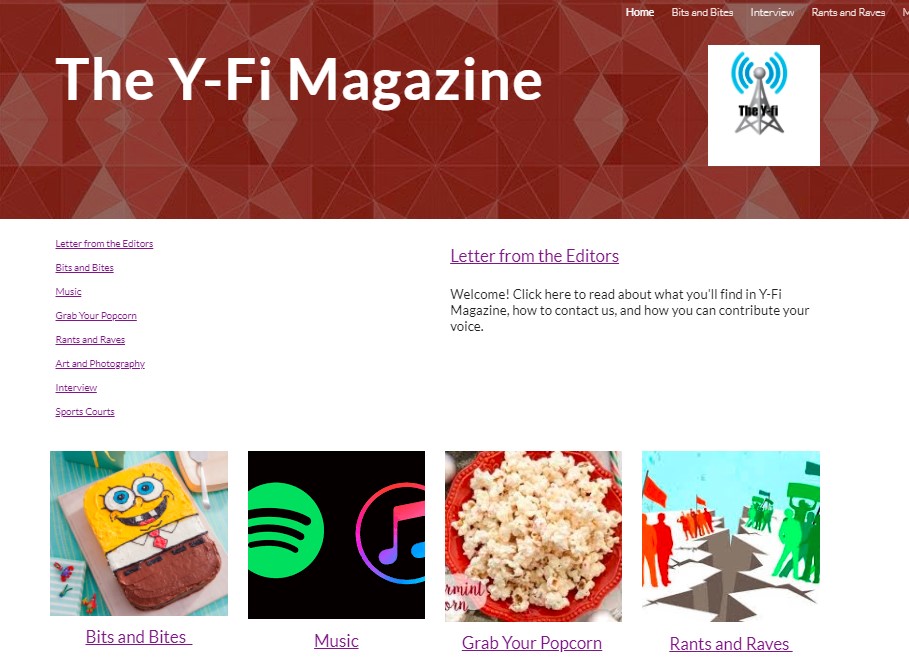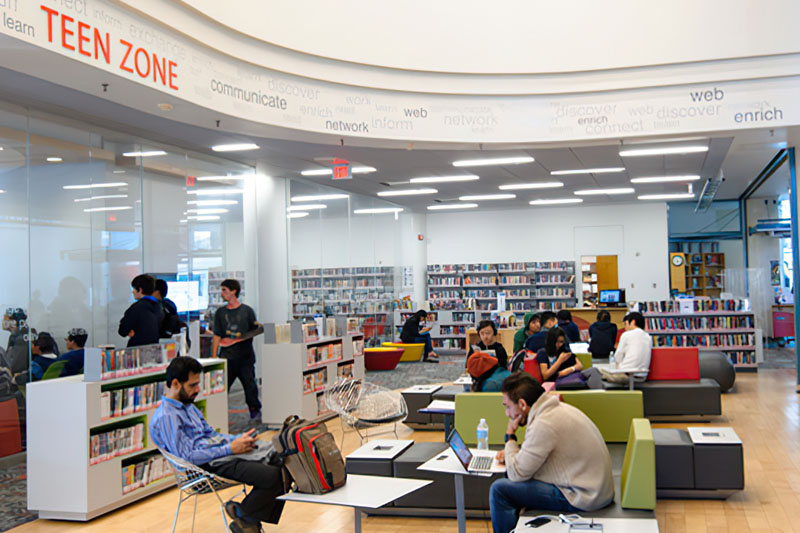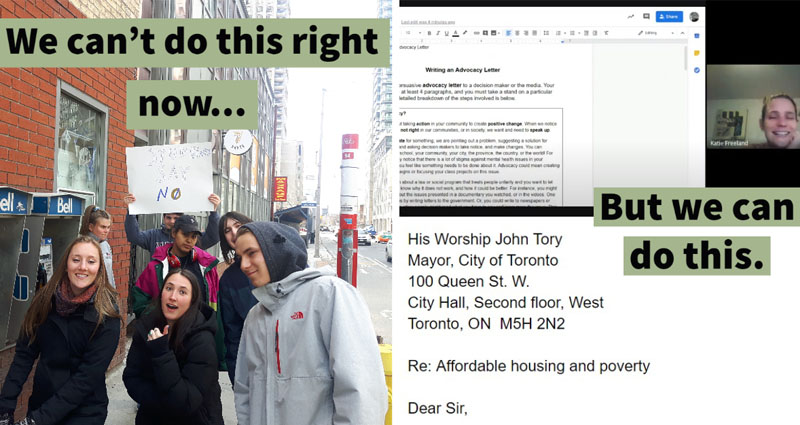A good book puts us in conversation with a compelling character, offers a new perspective, takes us places. It can teach us new things about our world and ourselves, make a lasting impression on our lives, or help us get through a global pandemic and accompanying lockdowns. But when presented in school, reading can sometimes be treated like an onerous chore, a burdensome task that one needs to get through—and get past. Obviously, this is not usually how we want young people to view reading.
One of the ways to address this is to offer more choice — albeit curated — to student readers, and to help them learn to make informed choices about their reading, now and in the future. The “book club model,” as opposed to an exclusive focus on common class texts, is increasingly incorporated into high school English classrooms for this very reason.
In this year’s Grade English 9 English class, most students read two novels during the octomester, and they had opportunities to share and receive recommendations from their classmates. In journals, student-teacher conferences, and even with their families, students practiced important comprehension and thinking skills as they discussed and made connections to their reading. Then as a final assignment, they each contributed a multimedia book review to create a book review website for a peer audience. Writing and publishing their reviews, however, was not just about summarizing or sharing opinions on a book; it was about helping to create a community of readers, in which teenagers are empowered to read.
Choosing the right book may be a start, but students also learned to use a range of strategies, from using an audiobook to summarizing and asking questions, as they read. Reading can be hard, and there might even be parts of a favourite book that are hard—or boring, confusing, or otherwise unenjoyable. In our English course, readers were encouraged to prepare for this, and to acknowledge it in their reviews as needed. Reviewers have also included some advice, where relevant, about what those who are interested in a particular book might want to learn more about first. It is our hope that the reviews will be helpful to other students as they make their own choices.
The site is a work in progress, and will continue to be updated and expanded with more student reviews, created in different courses as well as purely out of interest. In the future it will hopefully also see the addition of various features like grade-level and interest filtering and feedback, request, and submission forms. But for now, the Grade 9 English book reviews have the spotlight.











